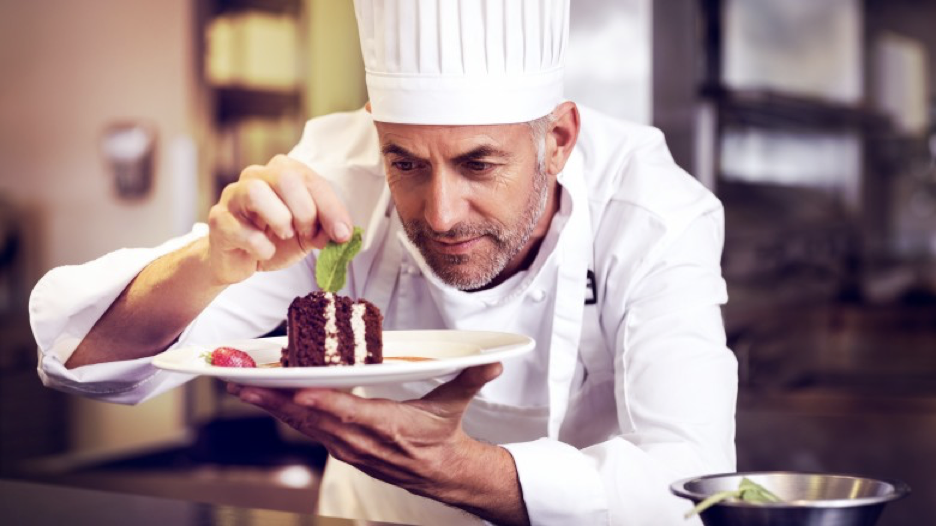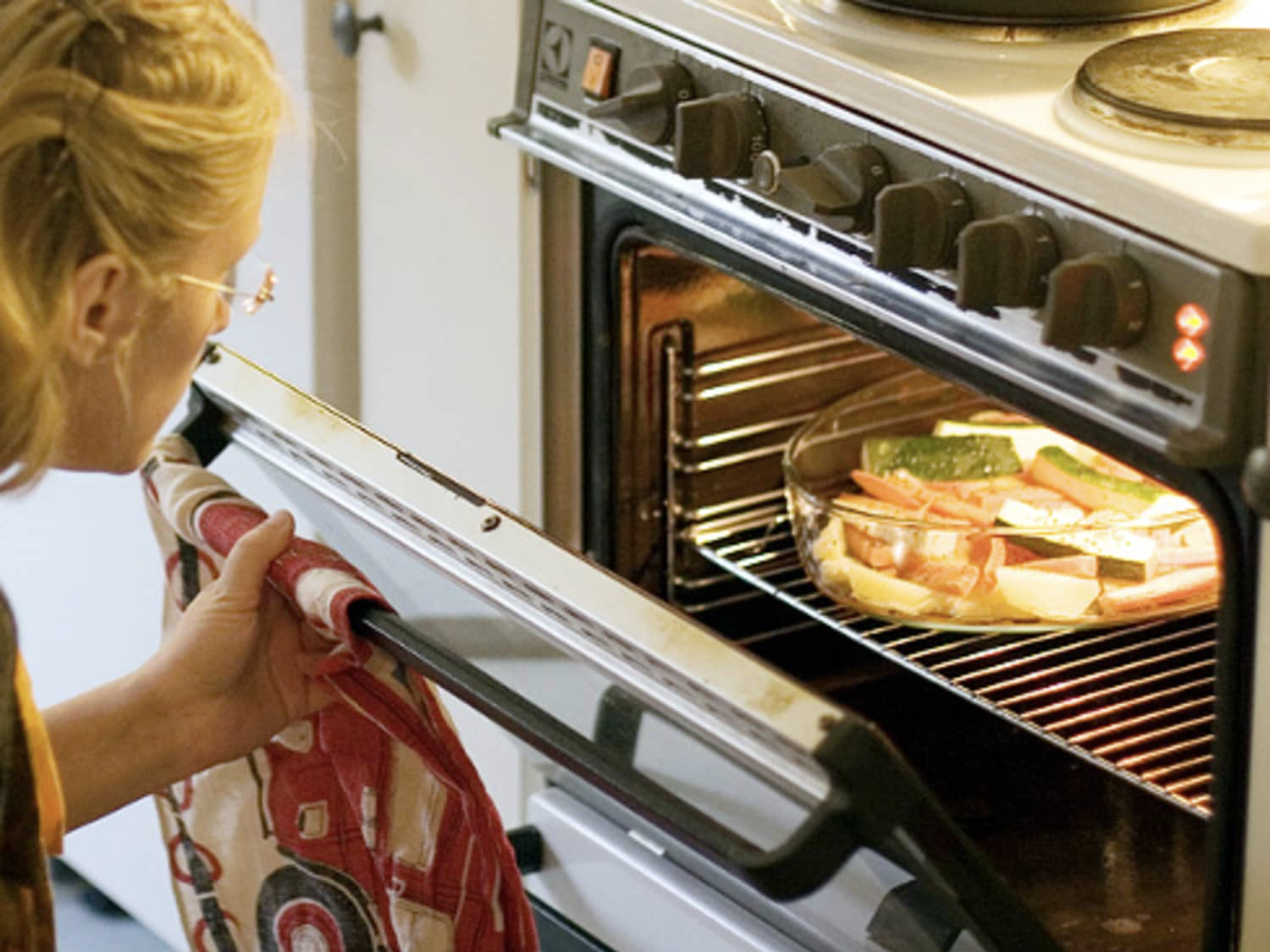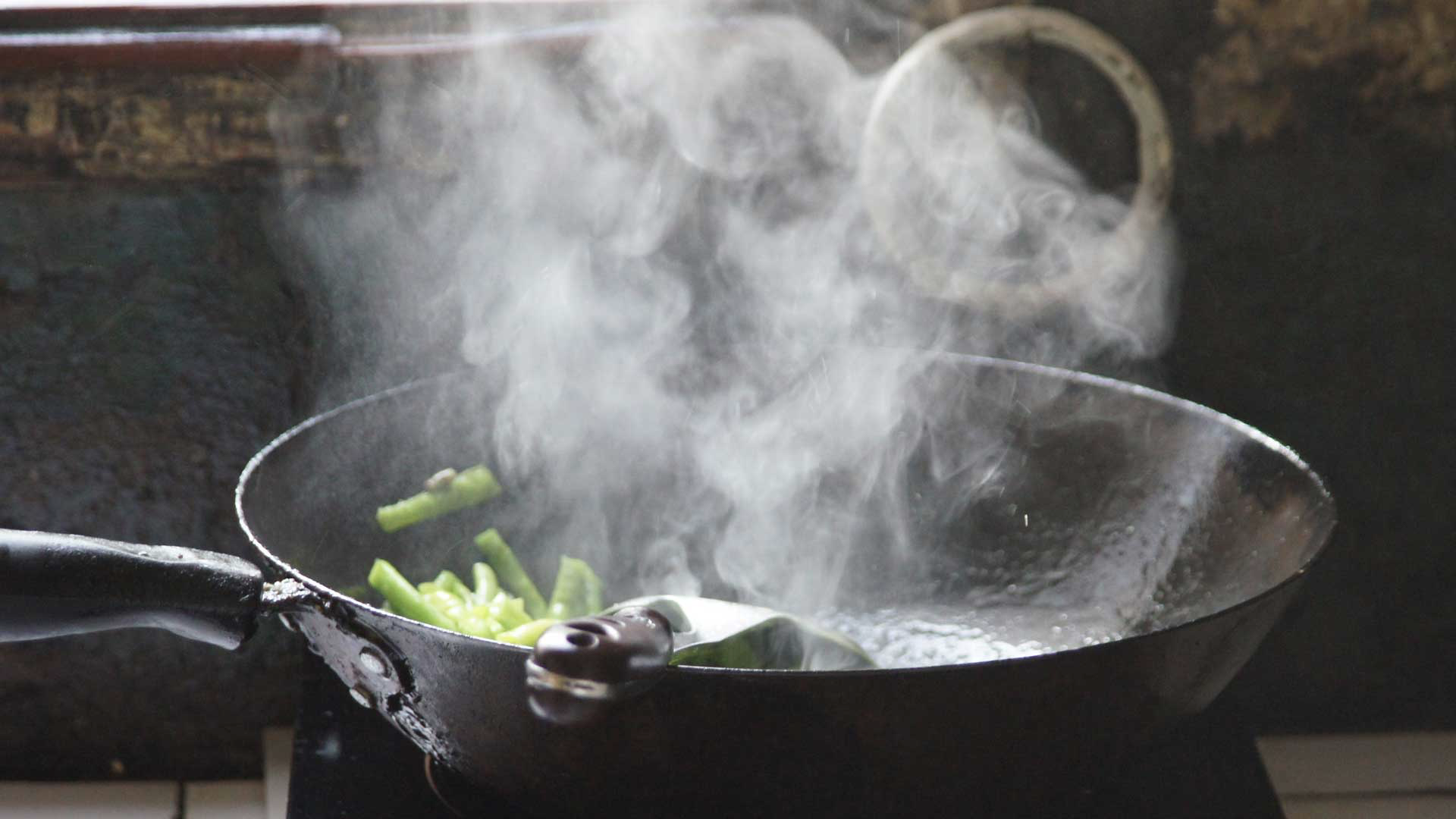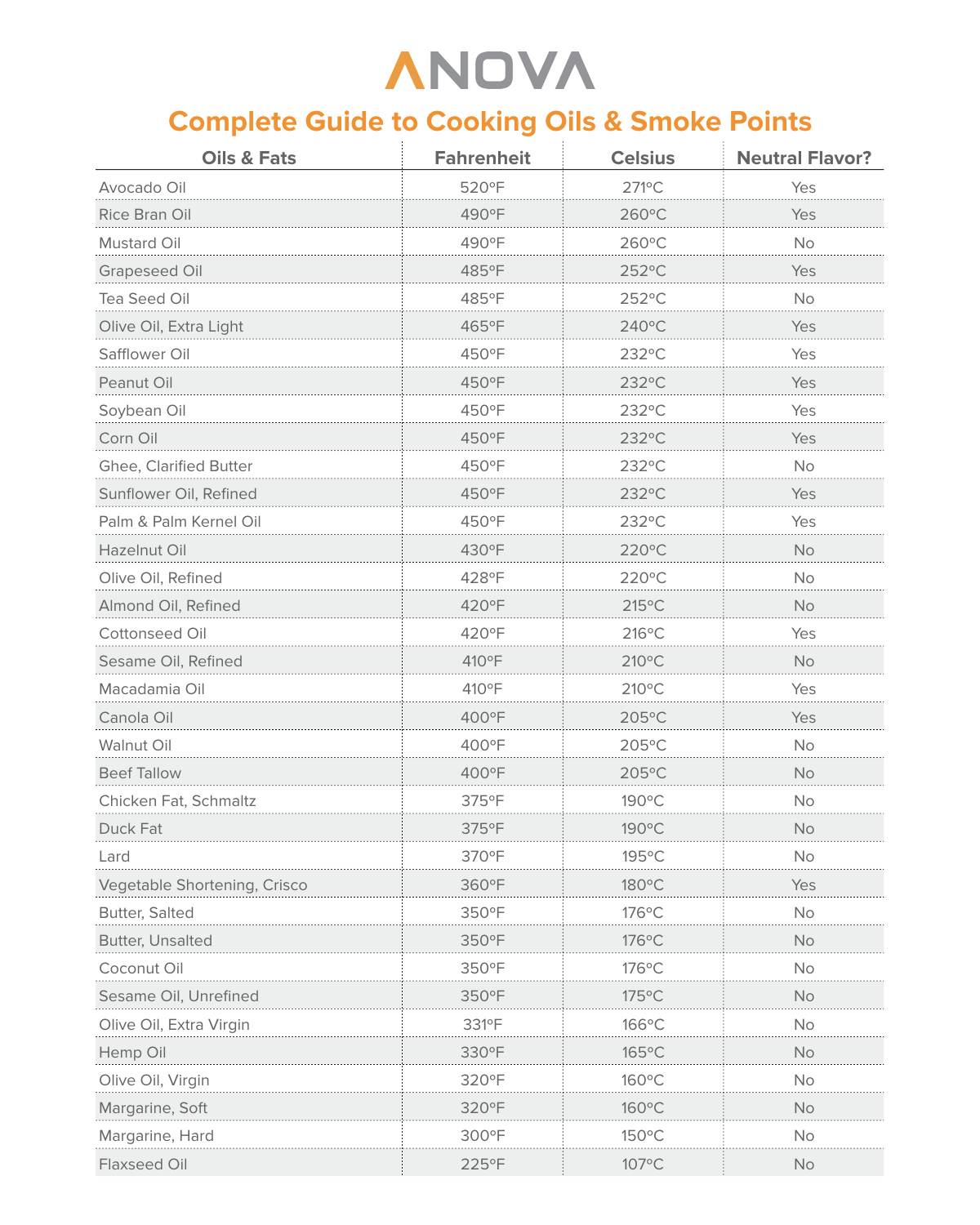Do You Make Any of These Cooking Mistakes?
A few months ago I read some important information in on the site www.onegoodthingbyjillee.com, that I’ve been thinking about passing along. Now’s a good time, since it focuses on cooking, and we’re doing a lot of that because of the holidays.

Jillee opened with “Unless you’re a trained chef or a culinary school graduate, no one expects you to be an expert in the kitchen. But that said, there are certain cooking mistakes that are worth learning how to avoid. Not to impress anyone or to try and score your own Food Network show—but because those mistakes can negatively affect how your food tastes.”
She goes on to address these cooking mistakes and adds a promise that making these simple tweaks to our dinnertime routine will go a long way toward ensuring our cooking being every bit as delicious as possible! See if you’ve had experience with any of these mistakes:
You Keep Opening the Oven Door. [Guilty as charged.] Jillee says it’s good to keep an eye on your food, but not if you’re opening the oven door frequently. Every time you open a hot oven, the temperature drops considerably, meaning the food takes longer to cook. Those temperature fluctuations can also cause hot or cold spots, leading to uneven cooking.

She suggests we turn on the oven light and look through the door window to do a food check. [OK, I get that. It’s just that I can’t see much through the oven door window, which is why I open the door in the first place. Her point is well taken, however.] But, if we must open the oven door, we should do it infrequently and quickly to help minimize heat loss.
You Use A Dull Knife. [I’ve talked about this as well. Seems like it’s a chronic problem for most cooks.] As backward as it might sound, using a dull knife in the kitchen can actually be more dangerous than using a sharp one. That’s because you need to use more force to cut through something with a dull knife, and that extra force can cause your knife, cutting board, or the food itself to slip, resulting in serious injury.

A sharp knife is always the way to go. The blade’s weight does most of the work, making easier and cleaner cuts. If you don’t have a good knife sharpener, then a professional sharpener can do it for you, at about $1 per inch.
You Don’t Store Ingredients Correctly. We all know the fresher the ingredients, the better. And storing your ingredients the right way will help keep them tasting fresh for as long as possible. One tip Jillee gives is to be sure our fridge is set at the correct temperature. Having good storage containers is another crucial piece to preserving food’s freshness. My own little tip is to transfer leftovers to smaller containers as they are being used up. This not only saves fridge space, it also helps the food retain flavor.
You Use the Same Oil for Everything. It’s important to understand that some oils are better suited to certain types of cooking than others. For instance, avocado oil has a high smoke point, so it’s a good choice for stir-frying and other high-heat methods. Low smoke point oils (such as olive oil) can scorch easily and thus affect the taste of what it’s cooking.

Jillee concludes her article by suggesting we get familiar with the various smoke points of the oils with which we tend to cook. For your convenience, I’ve attached a very helpful chart that clearly explains just what we need to know; it’s arranged from highest to lowest smoke point.


Jillee opened with “Unless you’re a trained chef or a culinary school graduate, no one expects you to be an expert in the kitchen. But that said, there are certain cooking mistakes that are worth learning how to avoid. Not to impress anyone or to try and score your own Food Network show—but because those mistakes can negatively affect how your food tastes.”
She goes on to address these cooking mistakes and adds a promise that making these simple tweaks to our dinnertime routine will go a long way toward ensuring our cooking being every bit as delicious as possible! See if you’ve had experience with any of these mistakes:
You Keep Opening the Oven Door. [Guilty as charged.] Jillee says it’s good to keep an eye on your food, but not if you’re opening the oven door frequently. Every time you open a hot oven, the temperature drops considerably, meaning the food takes longer to cook. Those temperature fluctuations can also cause hot or cold spots, leading to uneven cooking.

She suggests we turn on the oven light and look through the door window to do a food check. [OK, I get that. It’s just that I can’t see much through the oven door window, which is why I open the door in the first place. Her point is well taken, however.] But, if we must open the oven door, we should do it infrequently and quickly to help minimize heat loss.
You Use A Dull Knife. [I’ve talked about this as well. Seems like it’s a chronic problem for most cooks.] As backward as it might sound, using a dull knife in the kitchen can actually be more dangerous than using a sharp one. That’s because you need to use more force to cut through something with a dull knife, and that extra force can cause your knife, cutting board, or the food itself to slip, resulting in serious injury.

A sharp knife is always the way to go. The blade’s weight does most of the work, making easier and cleaner cuts. If you don’t have a good knife sharpener, then a professional sharpener can do it for you, at about $1 per inch.
You Don’t Store Ingredients Correctly. We all know the fresher the ingredients, the better. And storing your ingredients the right way will help keep them tasting fresh for as long as possible. One tip Jillee gives is to be sure our fridge is set at the correct temperature. Having good storage containers is another crucial piece to preserving food’s freshness. My own little tip is to transfer leftovers to smaller containers as they are being used up. This not only saves fridge space, it also helps the food retain flavor.
You Use the Same Oil for Everything. It’s important to understand that some oils are better suited to certain types of cooking than others. For instance, avocado oil has a high smoke point, so it’s a good choice for stir-frying and other high-heat methods. Low smoke point oils (such as olive oil) can scorch easily and thus affect the taste of what it’s cooking.

Jillee concludes her article by suggesting we get familiar with the various smoke points of the oils with which we tend to cook. For your convenience, I’ve attached a very helpful chart that clearly explains just what we need to know; it’s arranged from highest to lowest smoke point.

Sources:
www.mashed.com
www.thekitchn.com
www.turwho.com
www.chilicult.com
www.anovaculinary.com
 Alice Osborne
Alice Osborne
Weekly Newsletter Contributor since 2006
Email the author! alice@dvo.com
